Taliban peace talks could split terror group
Will thousands of Taliban fighters defect to Isis over US peace demands?
A free daily email with the biggest news stories of the day – and the best features from TheWeek.com
You are now subscribed
Your newsletter sign-up was successful
Protracted peace talks currently under way between the Taliban and the US may lead to a split in the Afghan insurgent group with hardliners defecting to Islamic State (Isis), experts have warned.
The Taliban has recently resumed discussions with Washington officials in Qatar to try to end the almost 18-year war in Afganistan, following on from peace talks in mid-2018.
The prospective peace agreement is “expected to outline steps for the eventual withdrawal of 14,000 US troops and pave the way for future talks between the Taliban and the Afghan government”, the Sydney Morning Herald reports.
The Week
Escape your echo chamber. Get the facts behind the news, plus analysis from multiple perspectives.

Sign up for The Week's Free Newsletters
From our morning news briefing to a weekly Good News Newsletter, get the best of The Week delivered directly to your inbox.
From our morning news briefing to a weekly Good News Newsletter, get the best of The Week delivered directly to your inbox.
But The Times notes that crucial details of the arrangement are “still to be resolved”, and some measures insisted upon by the US could push more radical Taliban members to split from the group and defect to their rival, Isis.
The paper reports that “mutinous Taliban hardliners are being wooed” by Isis, which “announced its return to the fray by bombing a wedding reception in Kabul” last week.
But why are some Taliban fighters prepared to abandon peace talks, and what does Isis have to offer them?
Why is the Taliban divided over US demands?
A free daily email with the biggest news stories of the day – and the best features from TheWeek.com
Previous rounds of negotiations have focused on four specific issues: the withdrawal of US troops from Afghanistan, intra-Afghan negotiations, a Taliban ceasefire and guarantees by the militant group not to harbour terrorist groups.
The Times says that it is unlikely that the last of these demands will be met, noting that Afghanistan seems likely to “remain a terrorist haven, with al-Qaeda still active and Isis moving in”.
The paper claims that Afghan officials and western diplomats involved in the peace process have recently suggested that this particular requirement from the US “could break the Taliban apart”.
But there is a fifth issue ready to cause even more friction. According to The Economist, since peace talks began the Taliban have “reiterated their demand” for a so-called “complete Islamic system”, which some observers fear is a reference to the “theocratic despotism” of Afghanistan’s pre-2001 Taliban government, which placed severe restrictions on civil liberties, particularly those of Afghan women and girls, who were denied free movement and education.
The Sydney Morning Herald notes that after US troops forced the Taliban from power in 2001, Afghan women “literally came out of their homes”. As of 2019 more than 3.5 million are enrolled in primary and secondary schools, and 100,000 women attend universities.
But Taliban officials recently told reporters that a preliminary deal between them and the US is “not expected to include specific assurances that women will continue to have equal opportunities in education, employment and government”.
The Herald also reports that women’s rights are “supposed to be addressed in the future talks”, but adds: “Although some American and Afghan officials say the Taliban appear to be more receptive to women’s rights than in the past, others worry that women will be given lip service in that final accord or left out entirely.”
Why Isis?
In recent months, the governments of both the US and Afghanistan have insisted that Isis has been defeated, but reports suggest the group still has around 5,000 active fighters in the Middle East.
Isis is known for its hardline stance against Western influence and willingness to use extreme violence, and, accordingly, many Isis members see the Taliban as weak for negotiating with the US.
“The Taliban are not the real fighters to implement Sharia in Afghanistan,” one Isis fighter in Afghanistan told the Times. “They are discussing peace with Americans who destroyed the country. Isis is the true jihadist group. We will not follow any deal or observe any ceasefire.”
And the Taliban seems to be aware of the threat of a mass exodus to its more fundamentalist rival, with one diplomat telling reporters last month: “They are really worried any deal, in any form, will split the group. They are constantly working to sell the deal back home, but they know it could cause a wave of defections.”
-
 What to know before filing your own taxes for the first time
What to know before filing your own taxes for the first timethe explainer Tackle this financial milestone with confidence
-
 The biggest box office flops of the 21st century
The biggest box office flops of the 21st centuryin depth Unnecessary remakes and turgid, expensive CGI-fests highlight this list of these most notorious box-office losers
-
 The 10 most infamous abductions in modern history
The 10 most infamous abductions in modern historyin depth The taking of Savannah Guthrie’s mother, Nancy, is the latest in a long string of high-profile kidnappings
-
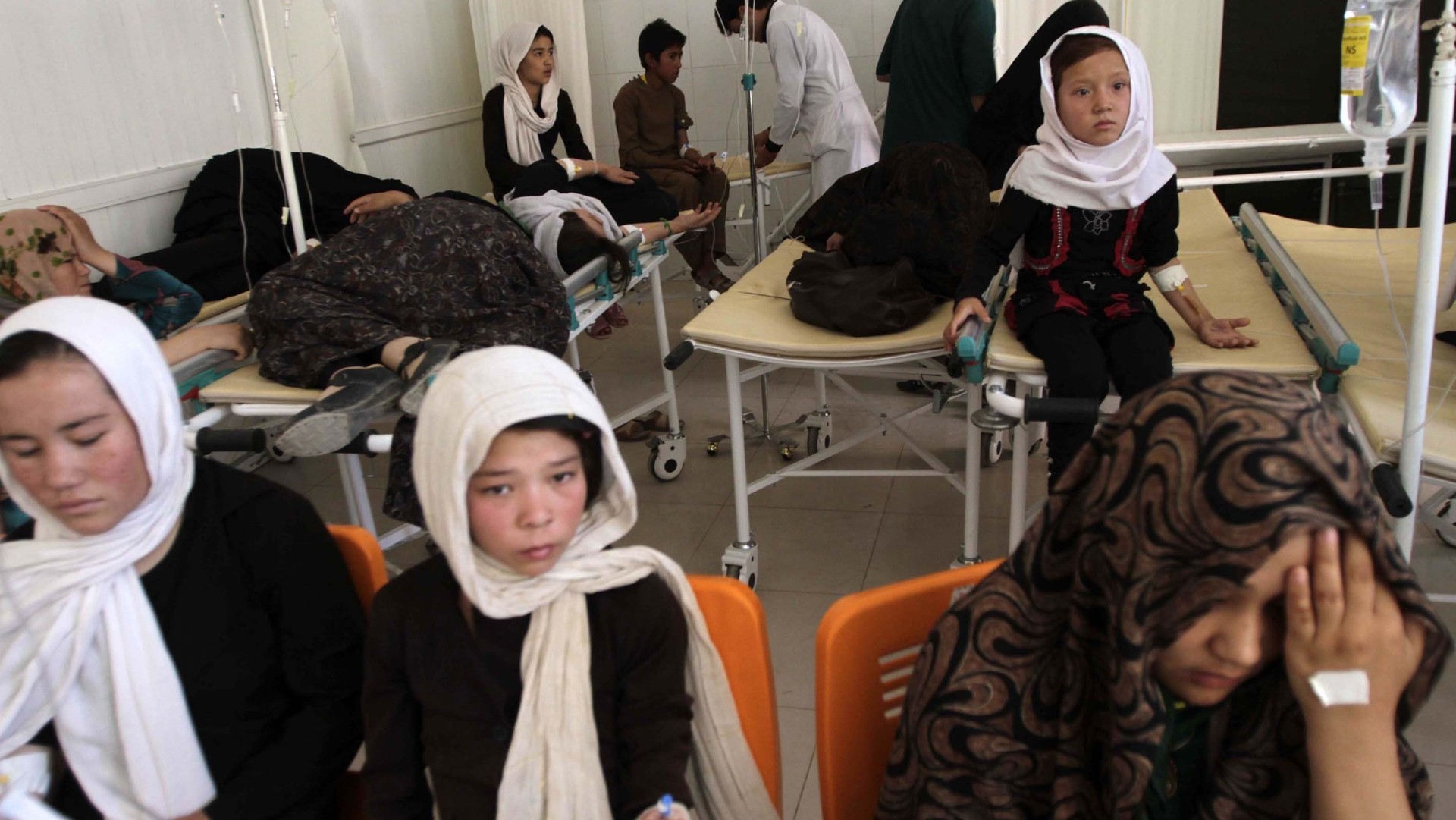 ‘We should be scared’: the poisoning of schoolgirls in Afghanistan
‘We should be scared’: the poisoning of schoolgirls in Afghanistanfeature Children hospitalised in allegedly deliberate mass attacks is latest in series of incidents going back decades
-
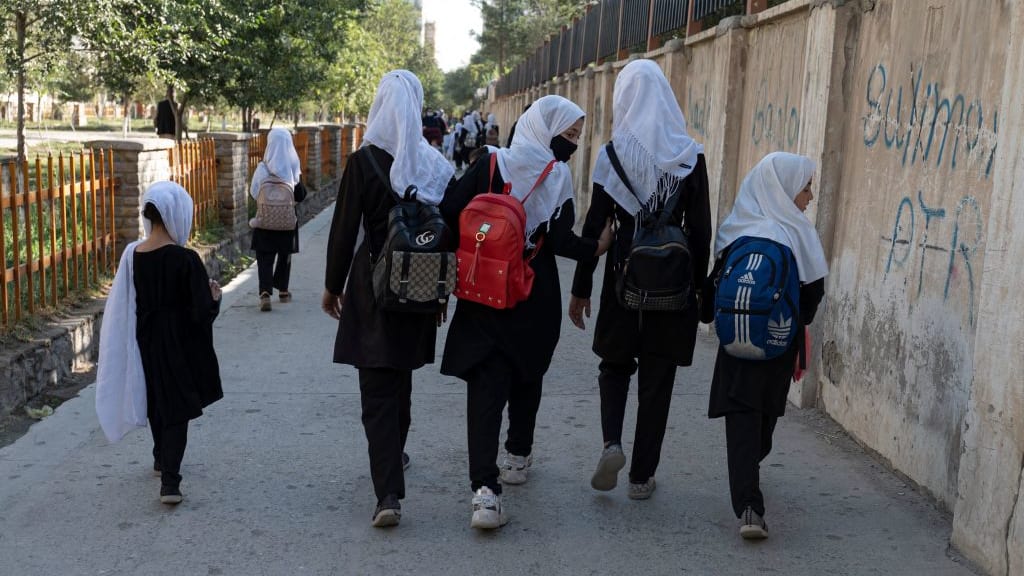 Officials believe dozens of girls in Afghanistan were deliberately poisoned at school
Officials believe dozens of girls in Afghanistan were deliberately poisoned at schoolSpeed Read
-
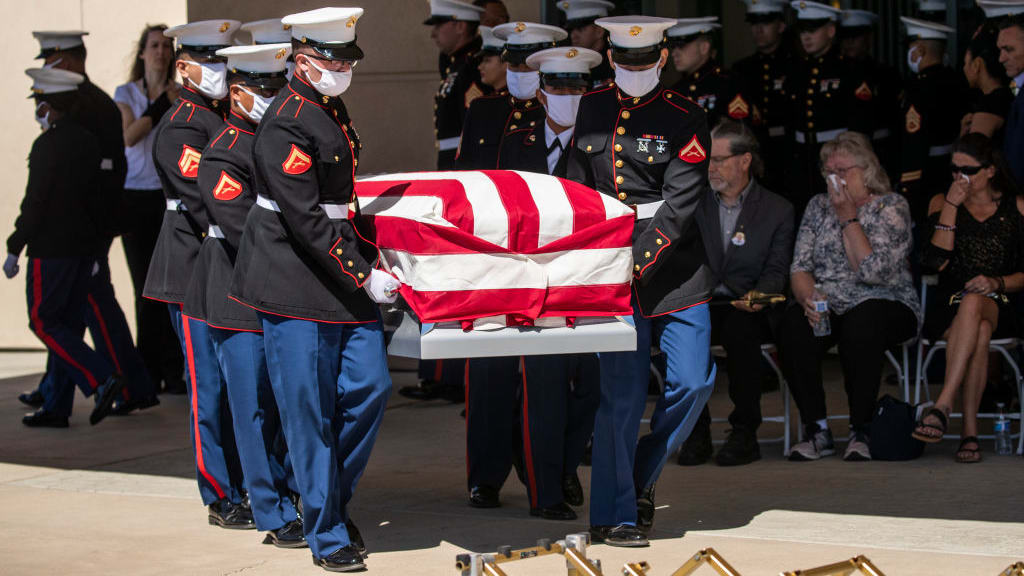 Taliban kills mastermind of Kabul airport suicide bombing
Taliban kills mastermind of Kabul airport suicide bombingSpeed Read
-
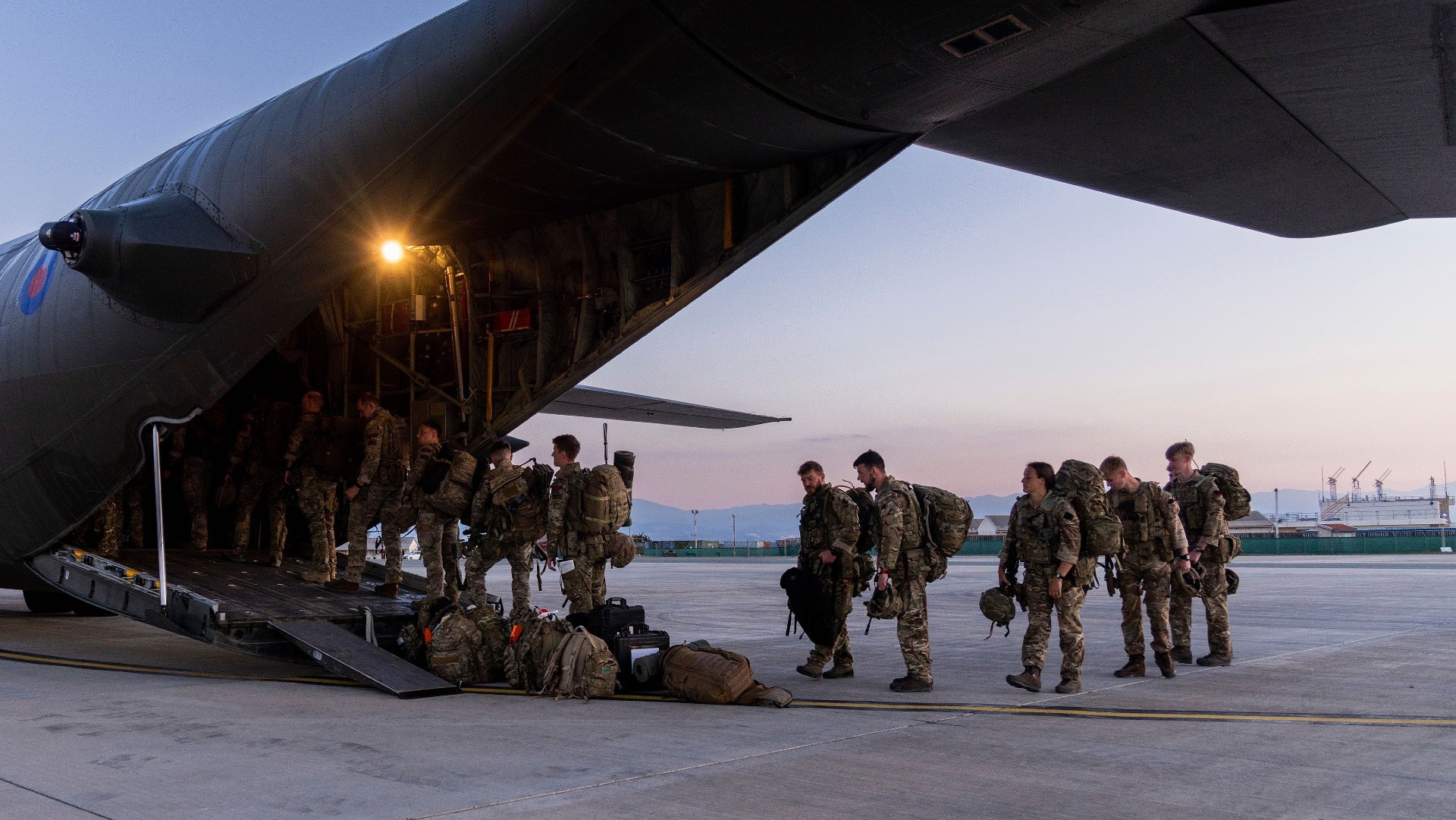 Sudan evacuation: has Foreign Office learnt the lessons from Afghanistan?
Sudan evacuation: has Foreign Office learnt the lessons from Afghanistan?Today's Big Question Failings of chaotic withdrawal from Kabul prompt return of foreign secretary and airlift of Britons from Khartoum
-
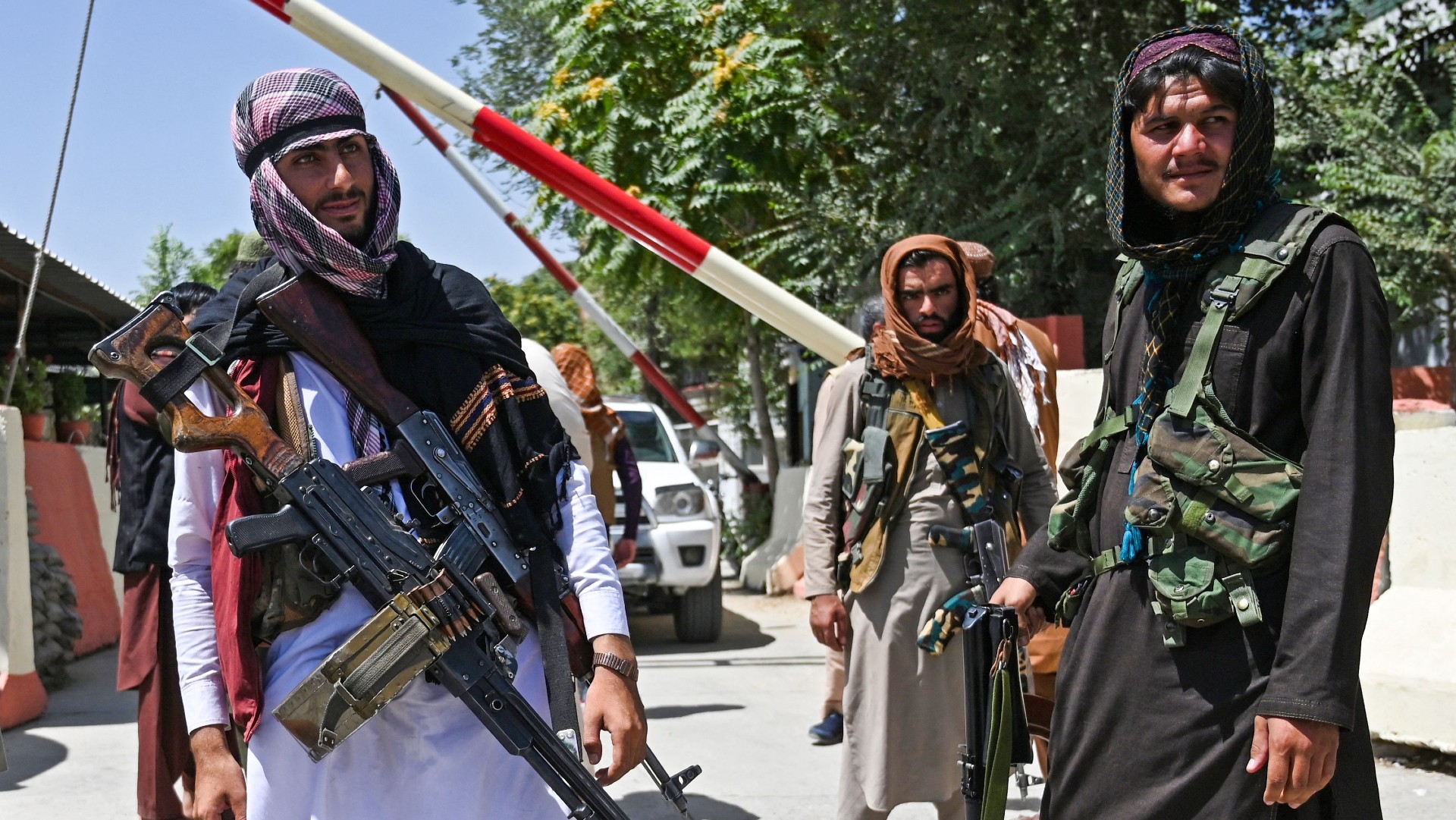 The Week Unwrapped: Afghanistan, Florida and Northern Ireland
The Week Unwrapped: Afghanistan, Florida and Northern Irelandpodcast Can the World Bank set the Taliban straight? Why is Florida saying ‘don’t say gay’? And what can we learn from the last trials of the Troubles?
-
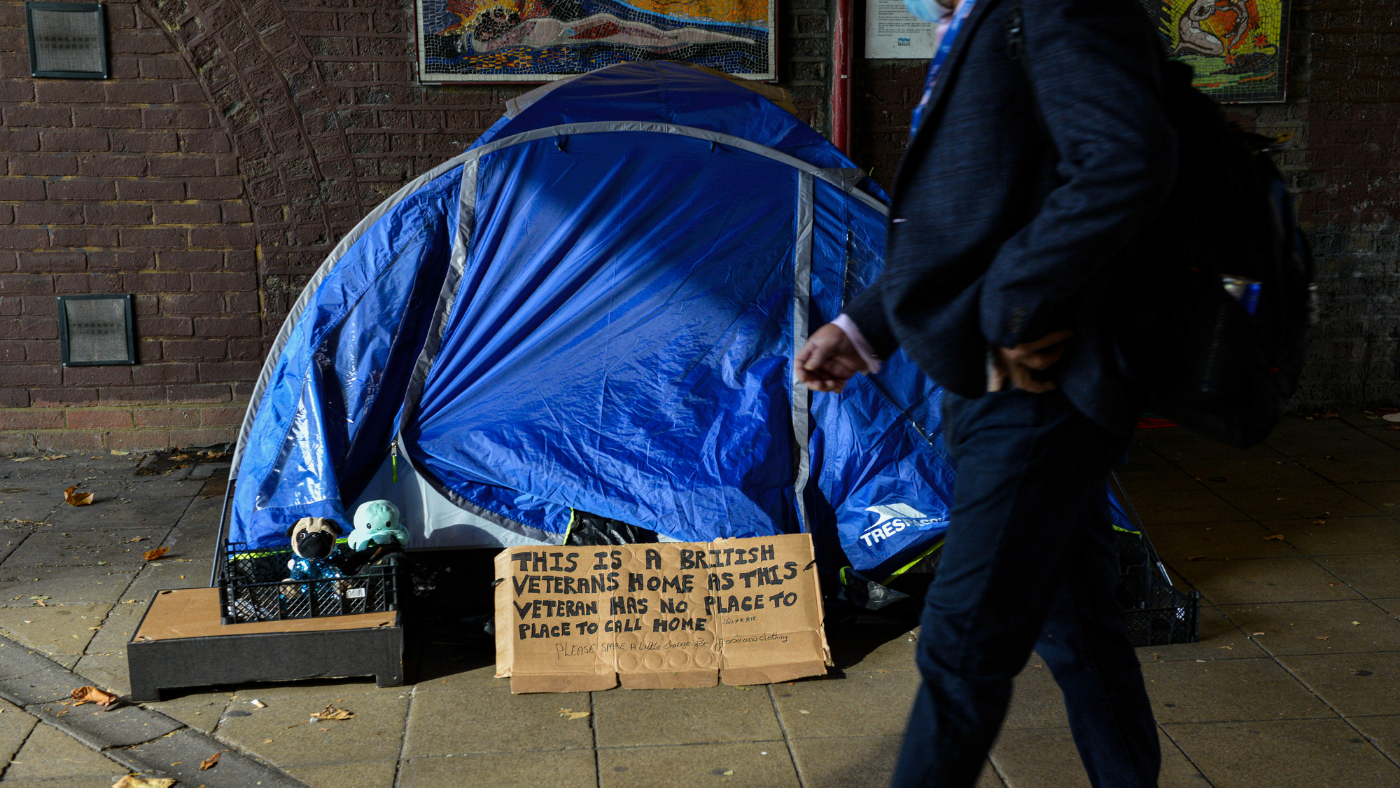 ‘Britain is suffering from an ever-dwindling supply of compassion’
‘Britain is suffering from an ever-dwindling supply of compassion’Instant Opinion Your digest of analysis from the British and international press
-
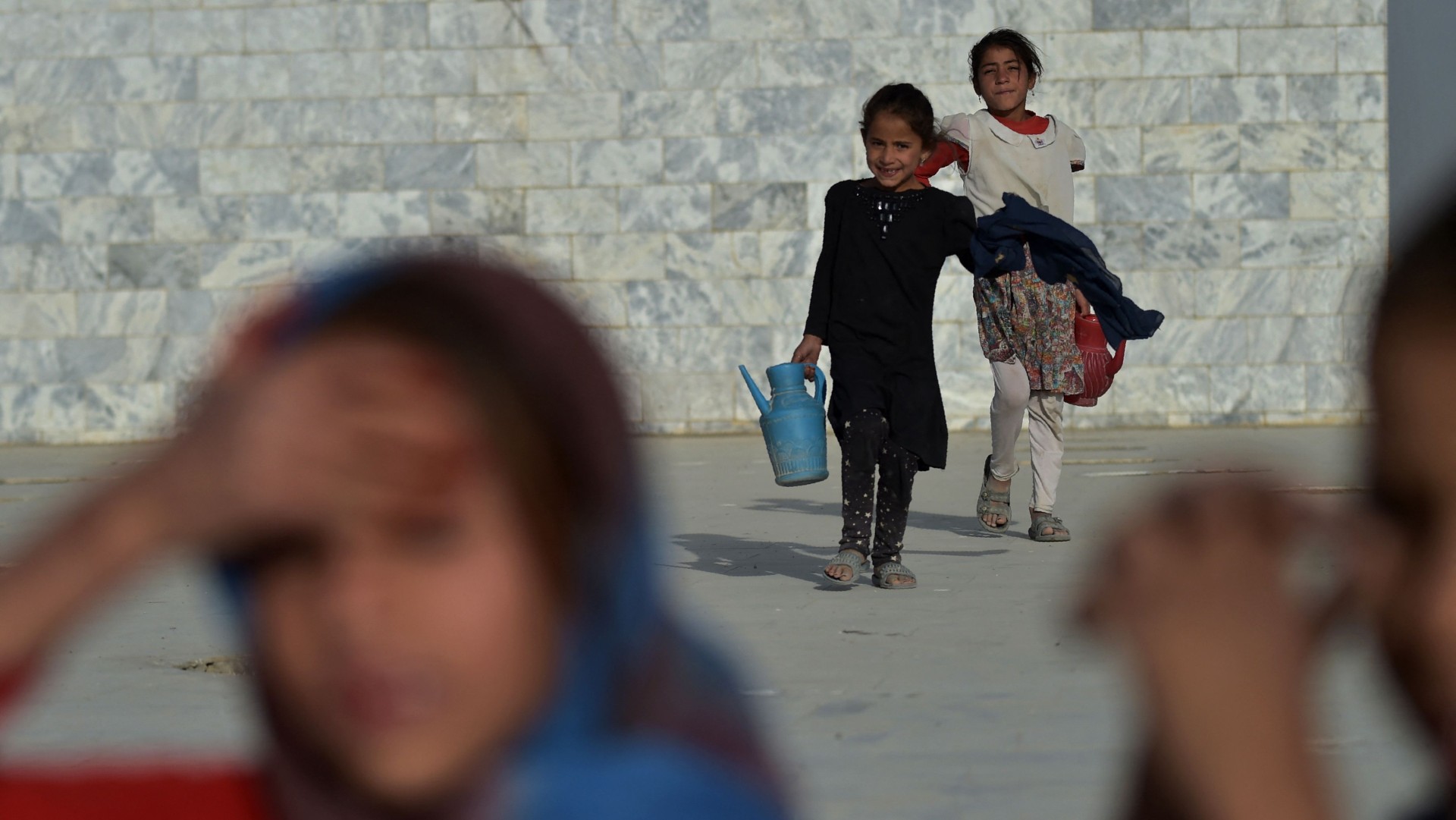 ‘Educated girls can heal economies and heal the planet’
‘Educated girls can heal economies and heal the planet’Instant Opinion Your digest of analysis from the British and international press
-
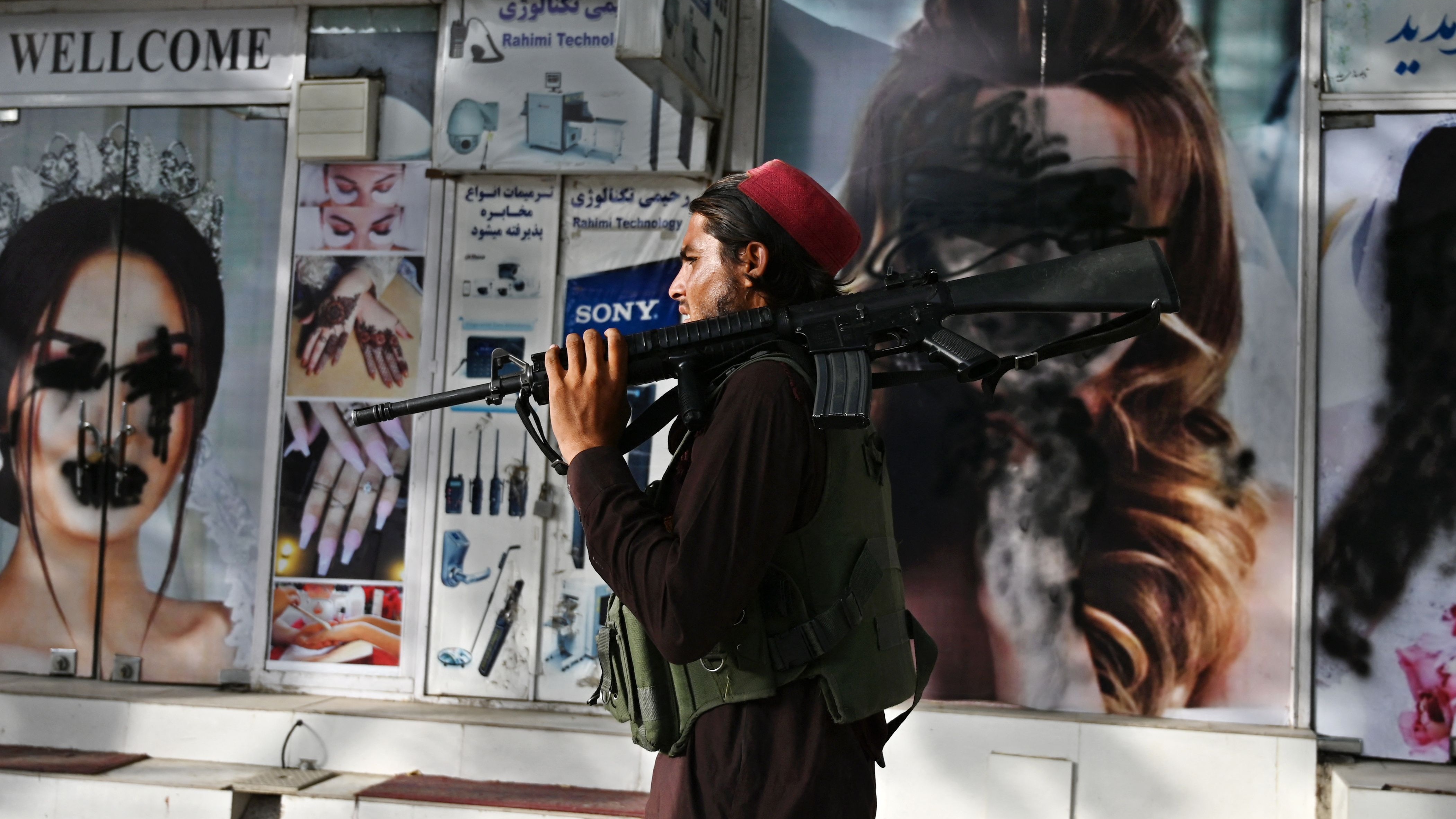 ‘In the war on terror, the terrorists won’
‘In the war on terror, the terrorists won’Instant Opinion Your digest of analysis from the British and international press